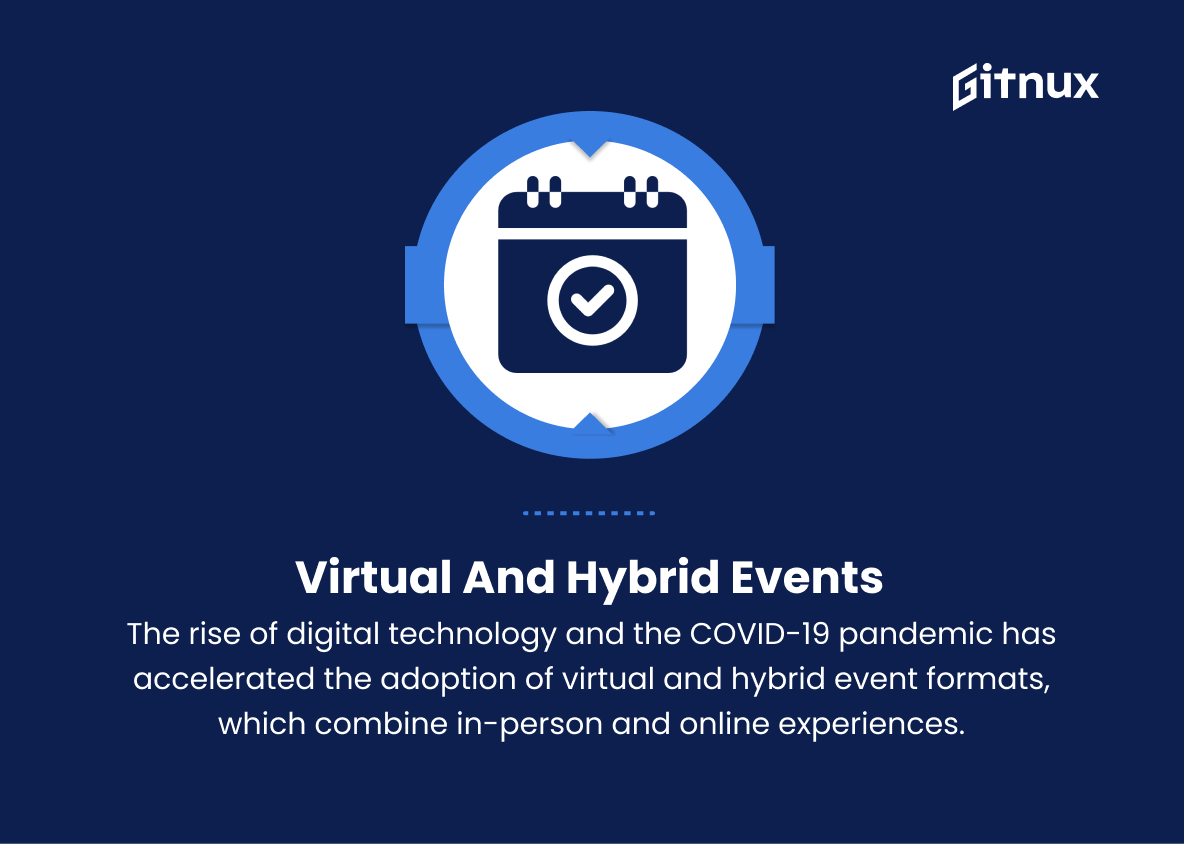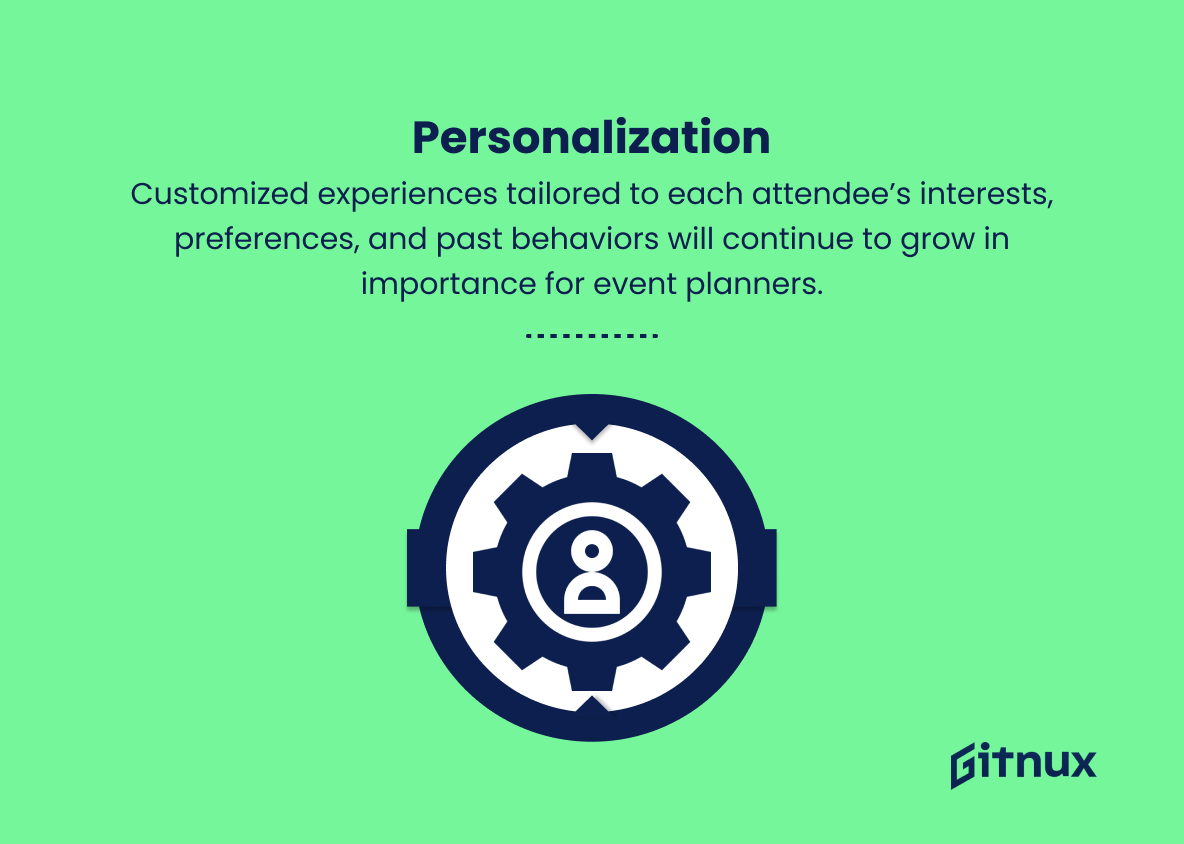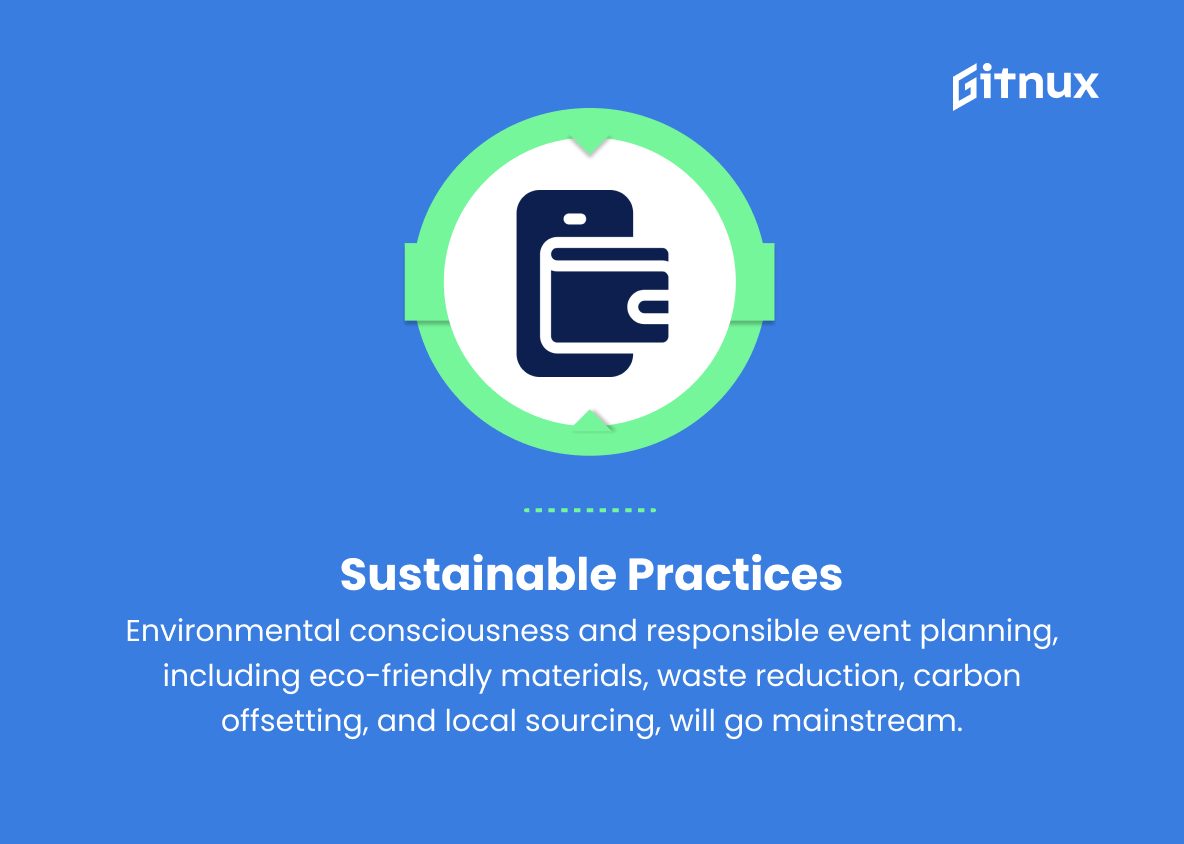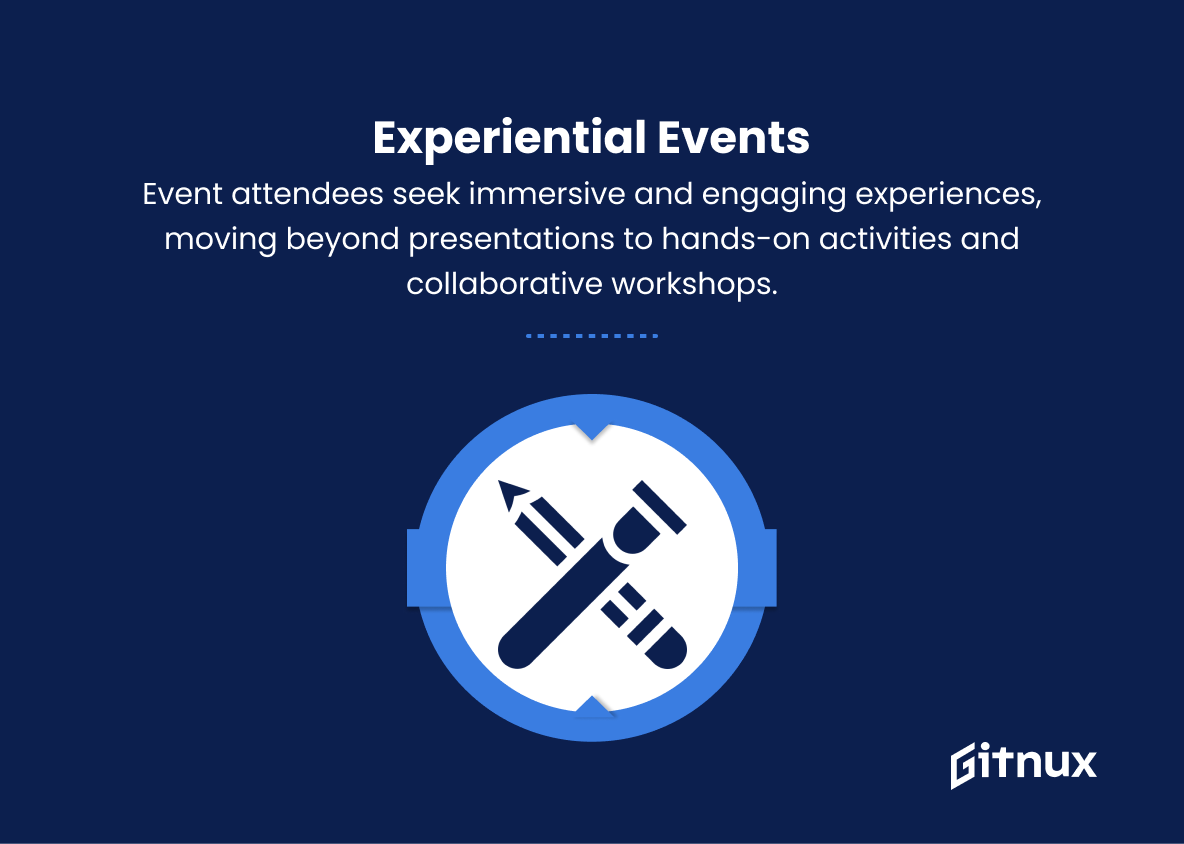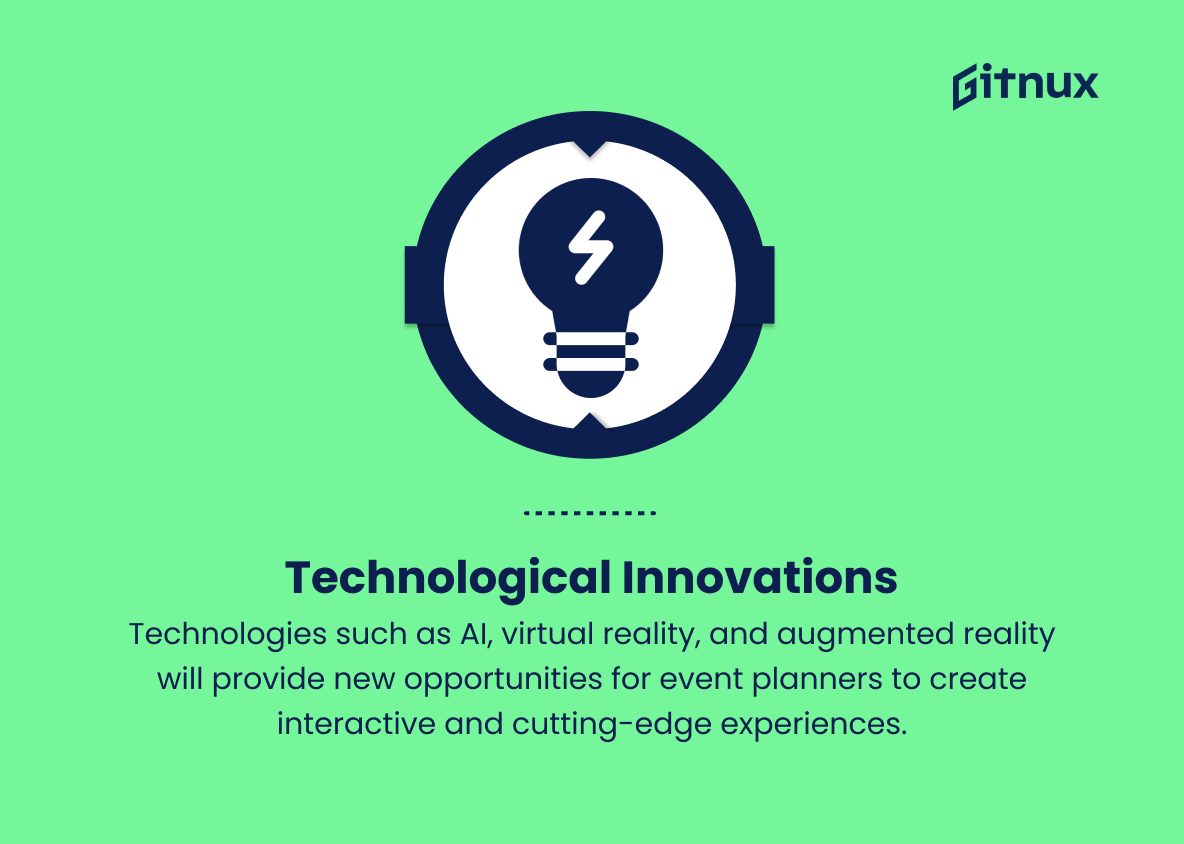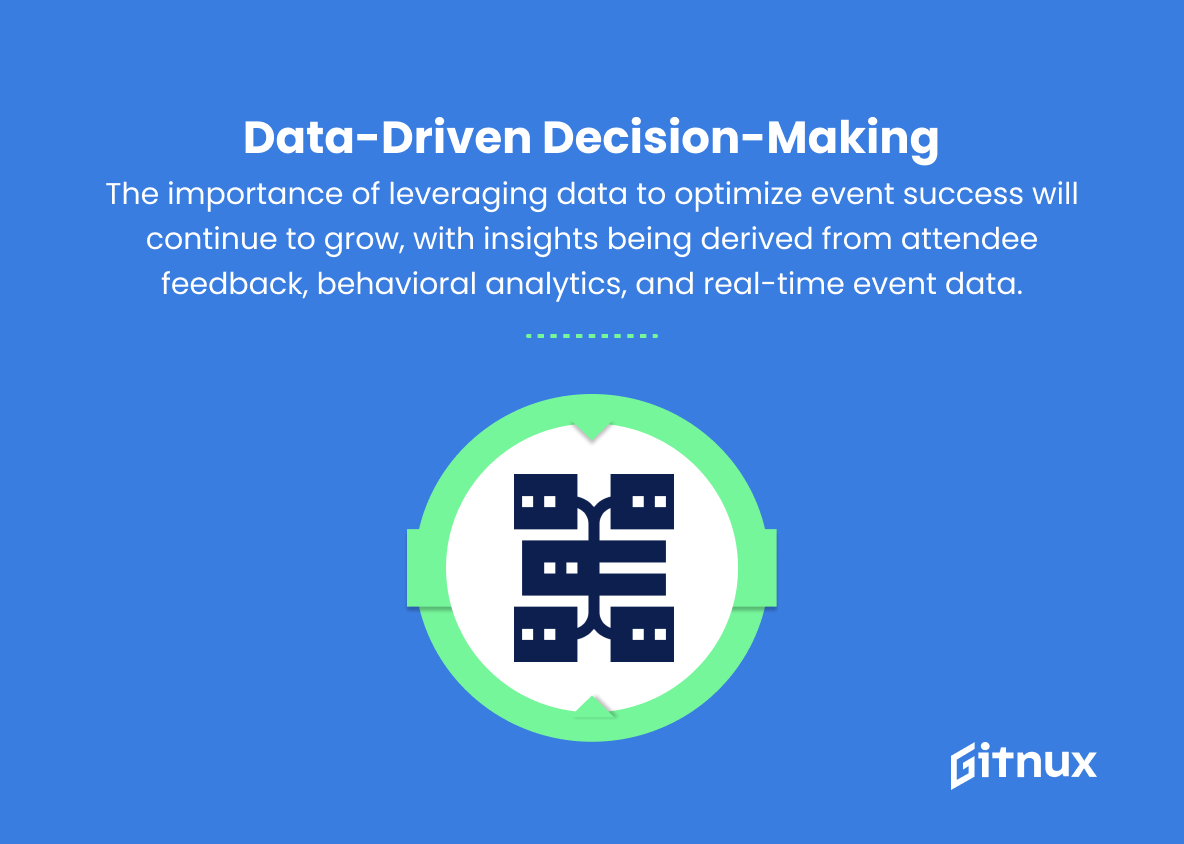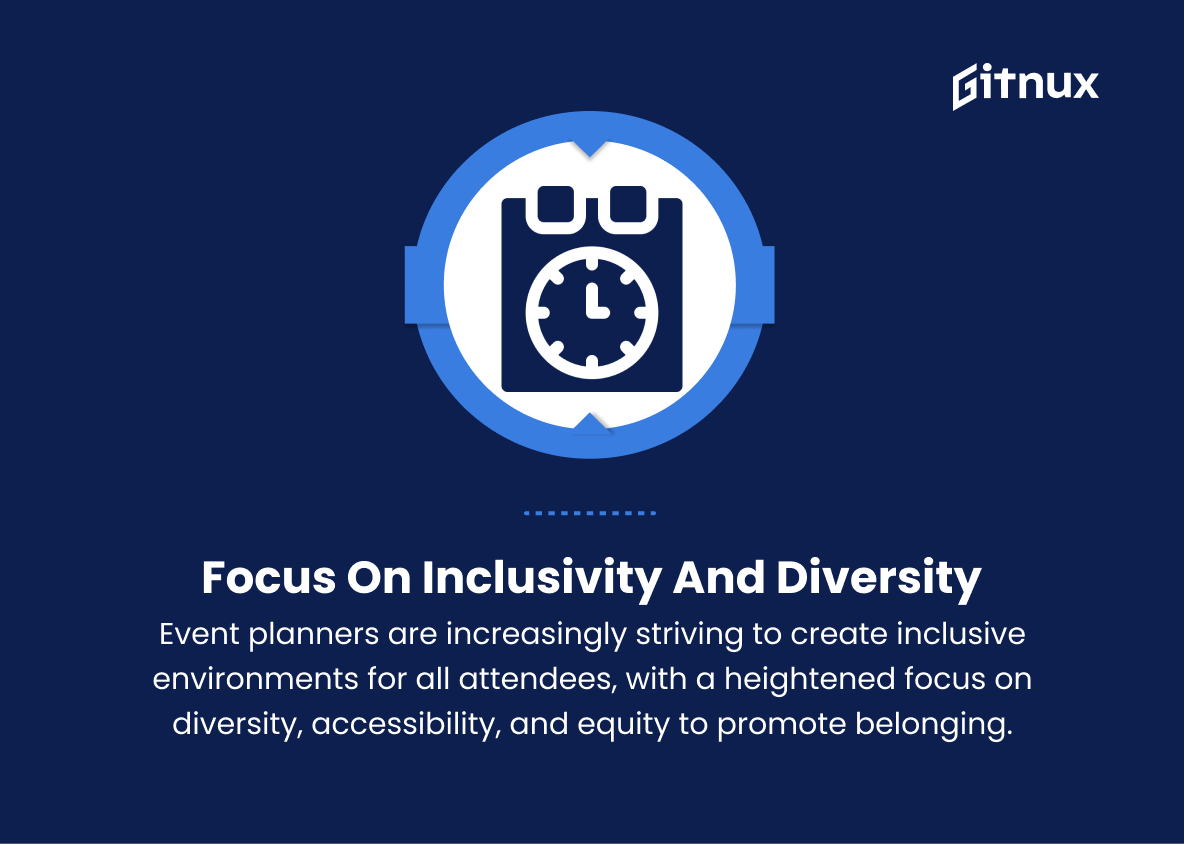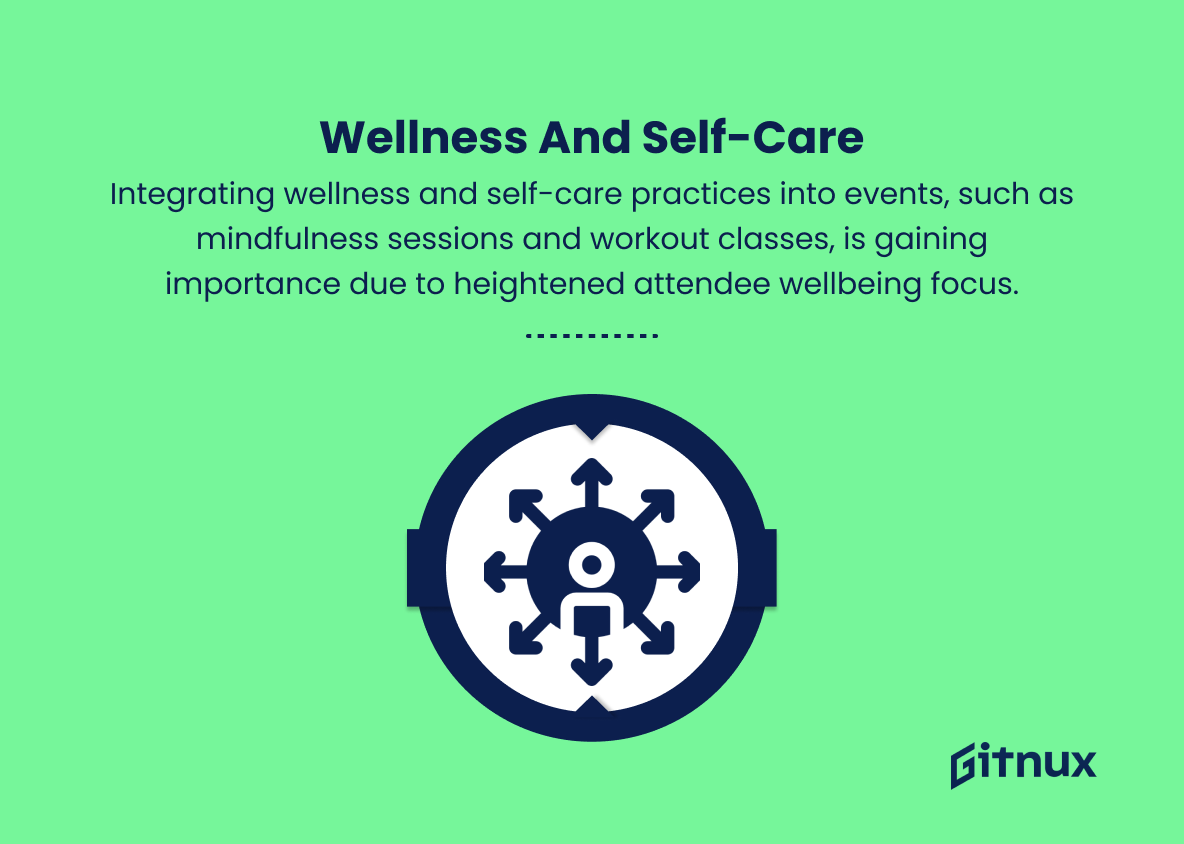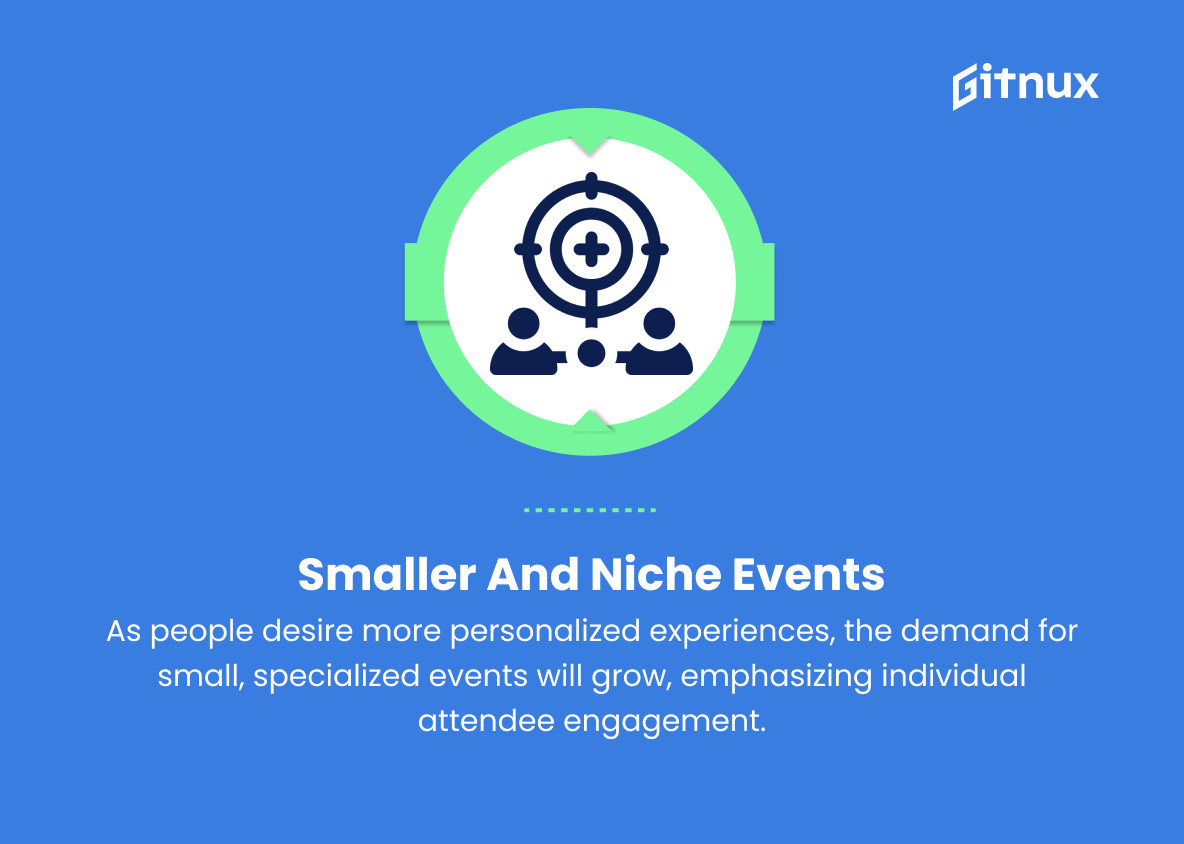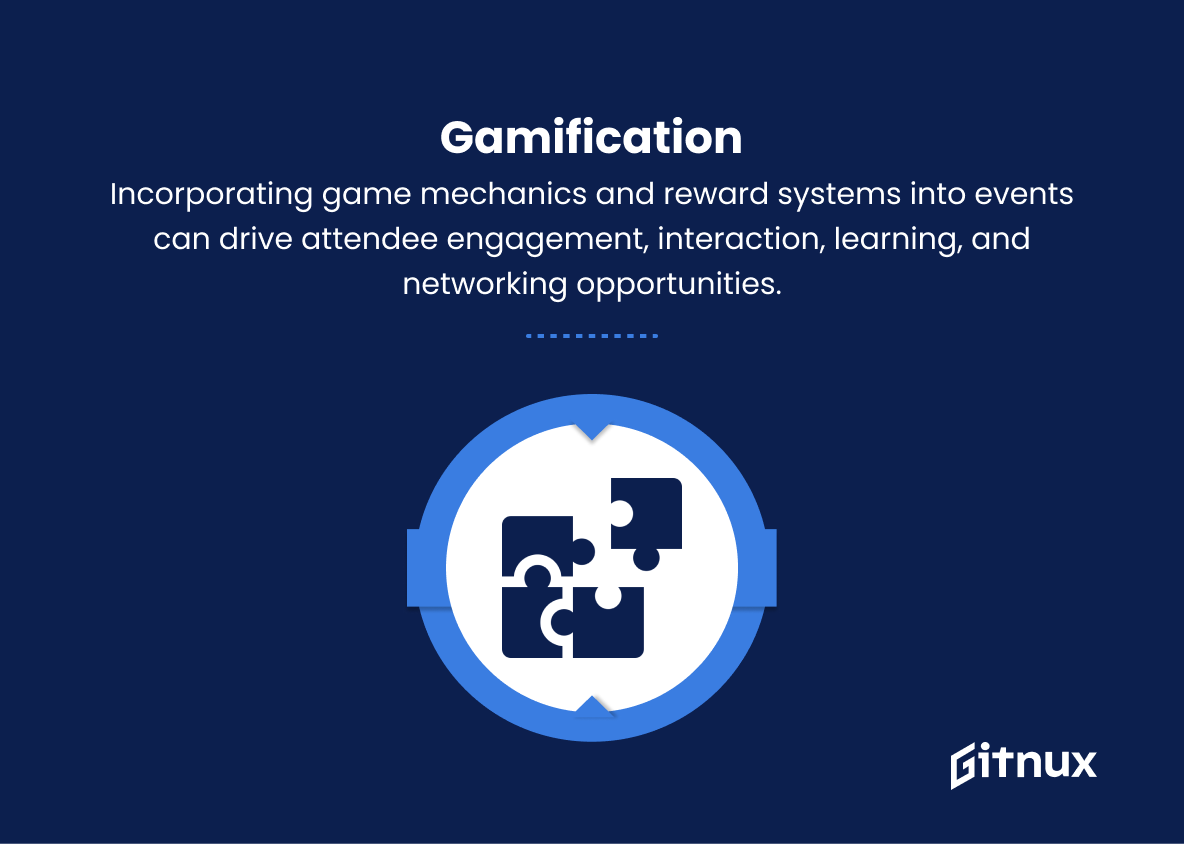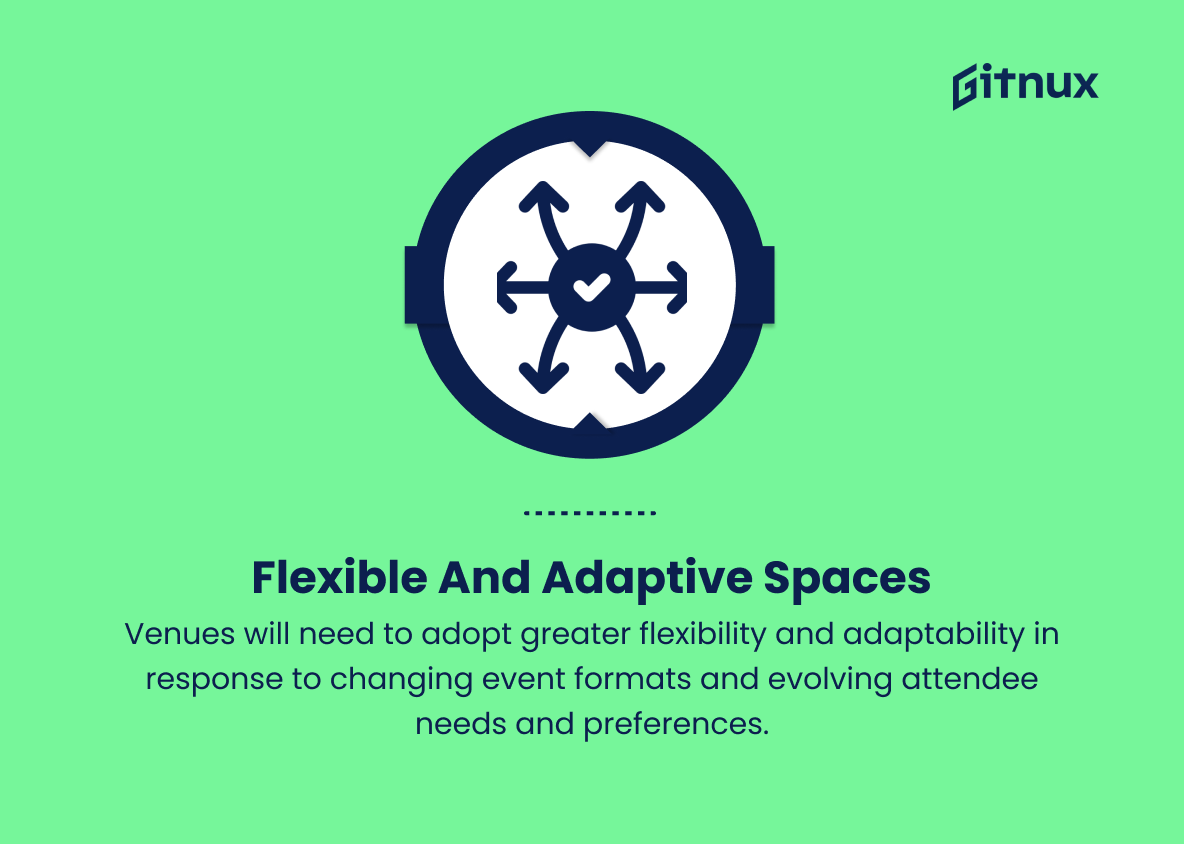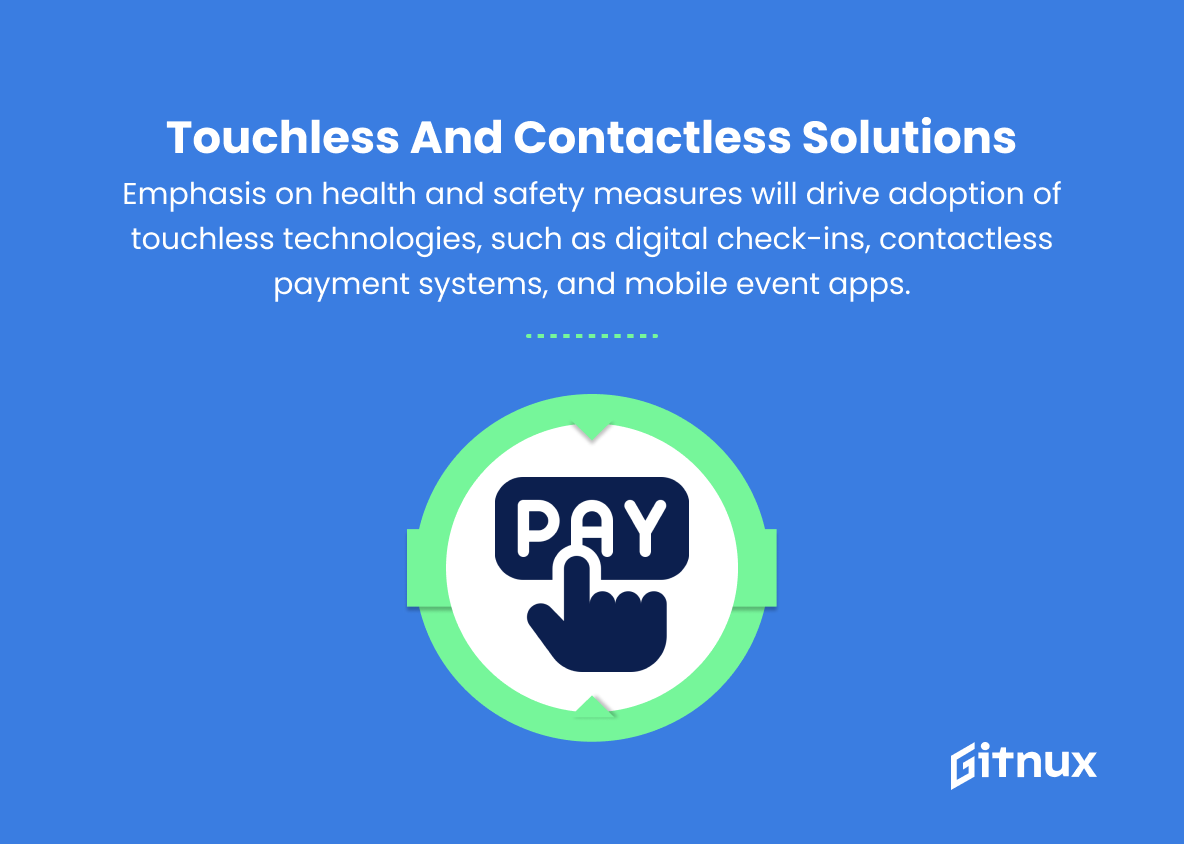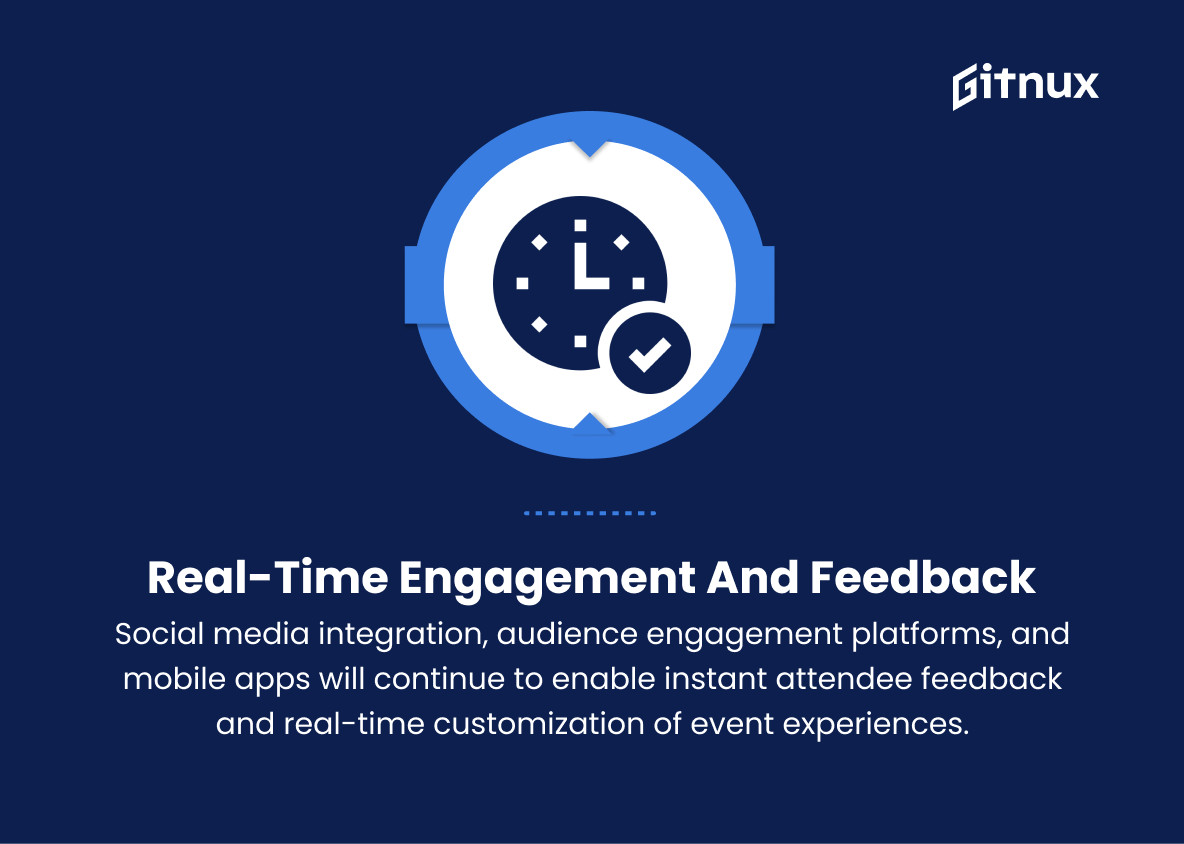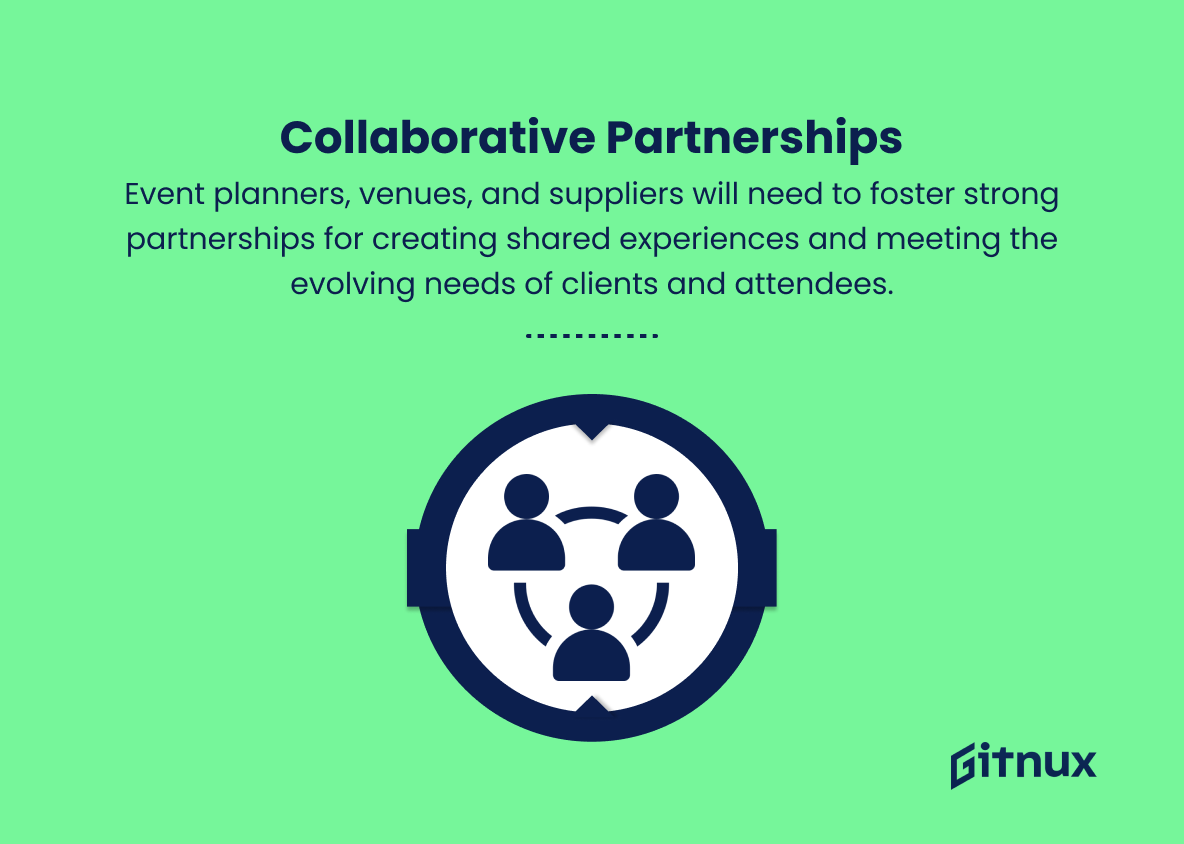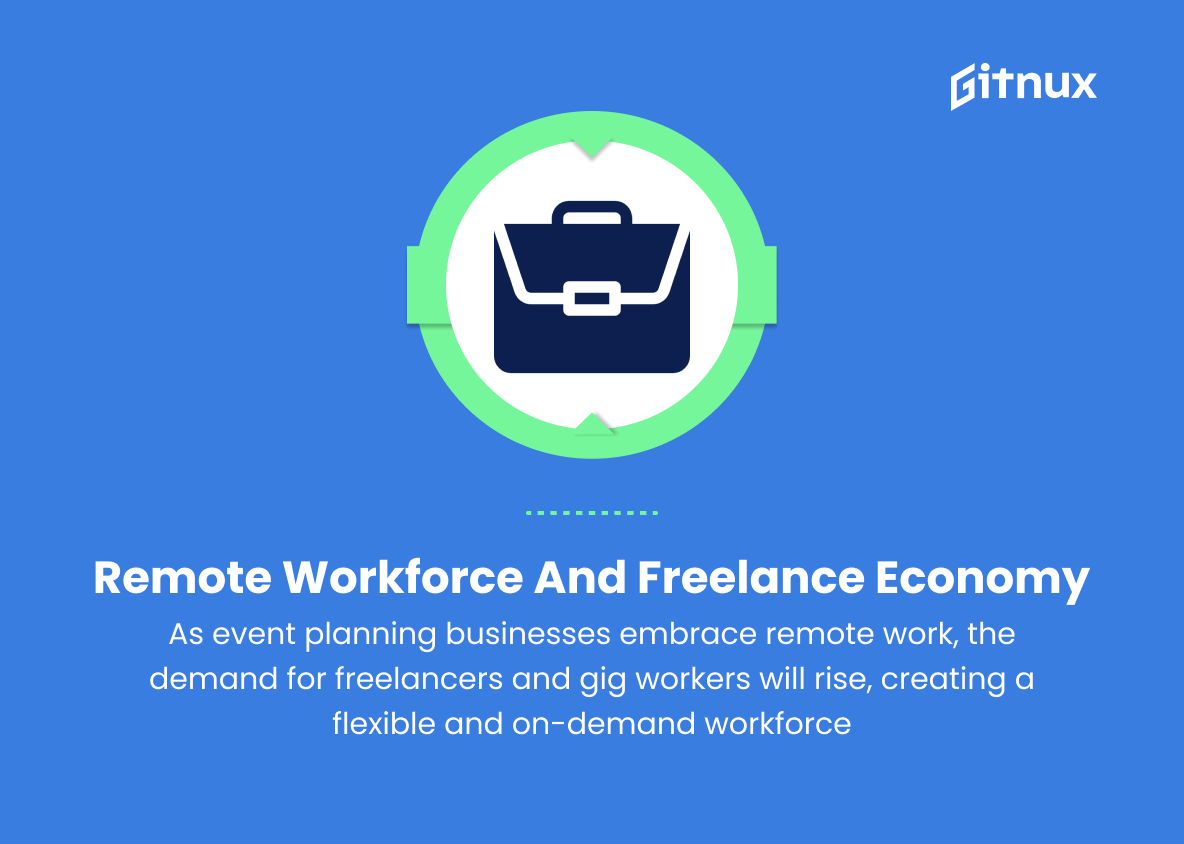The event planning industry is a dynamic, evolving landscape that continually faces new challenges and opportunities. From cutting-edge technology to emerging social trends, savvy event planners must stay informed of these developments to stay ahead of the curve and create unforgettable experiences for their clients.
In this in-depth blog post, we will delve into the most significant trends and shifts that are currently shaping the event planning industry. By understanding these influential factors, professionals in the field can adapt and innovate to meet the changing demands of a fast-paced, competitive market. Let us embark on this journey together and discover the essential trends that will drive the future of event planning.
Top Event Planning Industry Trends
1. Virtual and Hybrid Events
The rise of digital technology and the COVID-19 pandemic has accelerated the adoption of virtual and hybrid event formats, which combine in-person and online experiences.
2. Personalization
Customized experiences tailored to each attendee’s interests, preferences, and past behaviors will continue to grow in importance for event planners.
3. Sustainable Practices
Environmental consciousness and responsible event planning practices will become more mainstream, with eco-friendly materials, waste reduction, carbon offsetting, and local sourcing among the top priorities.
4. Experiential Events
Attendees are seeking more memorable and engaging experiences at events, with the focus extending beyond presentations and panels to hands-on activities, immersive simulations, and collaborative workshops.
5. Technological Innovations
Technologies such as AI, virtual reality, and augmented reality will provide new opportunities for event planners to create interactive and cutting-edge experiences.
6. Data-Driven Decision-Making
The importance of leveraging data to optimize event success will continue to grow, with insights being derived from attendee feedback, behavioral analytics, and real-time event data.
7. Focus on Inclusivity and Diversity
Event planners are increasingly striving to create inclusive environments for all attendees, with a heightened focus on diversity, accessibility, and equity to promote belonging.
8. Wellness and Self-Care
The integration of wellness and self-care practices into events – whether through mindfulness sessions, mental health checkpoints, or workout classes – is set to grow in importance in response to increased focus on overall attendee wellbeing.
9. Smaller and Niche Events
As people seek more targeted and personalized experiences, the demand for small-scale, specialized events and gatherings will rise, allowing for greater focus on individual attendee engagement.
10. Gamification
Incorporating game mechanics and reward systems into events can drive attendee engagement, interaction, learning, and networking opportunities.
11. Flexible and Adaptive Spaces
Venues will need to adopt greater flexibility and adaptability in response to changing event formats and evolving attendee needs and preferences.
12. Touchless and Contactless Solutions
Emphasis on health and safety measures will drive adoption of touchless technologies, such as digital check-ins, contactless payment systems, and mobile event apps.
13. Real-time Engagement and Feedback
Social media integration, audience engagement platforms, and mobile apps will continue to enable instant attendee feedback and real-time customization of event experiences.
14. Collaborative Partnerships
Event planners, venues, and suppliers will need to foster strong partnerships for creating shared experiences and meeting the evolving needs of clients and attendees.
15. Remote Workforce and Freelance Economy
As event planning businesses adopt more remote working models, there will be an increased demand for freelance professionals and gig workers, allowing for a more flexible and on-demand workforce.
Implications
The future of the event planning industry is set to be highly innovative and adaptable, driven by a combination of technological advancements, shifting consumer preferences, and the need for more sustainable and inclusive practices.
With the rise of virtual and hybrid events, event planners must navigate the delicate balance between in-person and digital experiences while leveraging cutting-edge technologies such as AI, virtual reality, and augmented reality.
Personalization and experiential design are key to keeping attendees engaged, with customization, gamification, and wellness practices becoming increasingly important. As sustainable practices become mainstream, event planners must prioritize responsible event planning, resource management, and local sourcing.
Data-driven decision-making will continue to shape event optimization, informing areas such as inclusivity, accessibility, and diversity, which are critical for fostering a sense of belonging. Smaller niche events capture the growing desire for targeting, specialized experiences and present opportunities for deeper attendee engagement.
Venues must respond by becoming increasingly flexible, adaptive, and touchless to cater to changing event formats and heightened health and safety measures. Real-time engagement and feedback tools offer planners a valuable means of gauging attendee satisfaction and customizing events on-the-fly.
Forging collaborative partnerships across the event ecosystem—including venues, suppliers, and freelance professionals—will be essential to meet the evolving needs of clients and attendees. As remote work and the gig economy become more prevalent, the event planning workforce is likely to become more flexible and on-demand.
Overall, embracing these industry trends will be vital for event planners looking to create unforgettable experiences and remain competitive in a rapidly changing landscape.
Conclusion
As the event planning industry continues to evolve and adapt to new trends, professionals in the field must stay ahead of the curve to ensure memorable, engaging, and successful events. From embracing sustainable practices and technology, to prioritizing diversity and inclusion, to exploring virtual and hybrid options, it is clear that the future of event planning is a dynamic and multi-faceted one.
By remaining informed and innovative, event planners will be able to respond to the ever-changing needs and preferences of their clients, as well as anticipate and shape the demands of the industry going forward. Ultimately, staying up-to-date with the latest event planning trends is an essential investment for any event professional looking to create unforgettable experiences in a rapidly transforming world.
